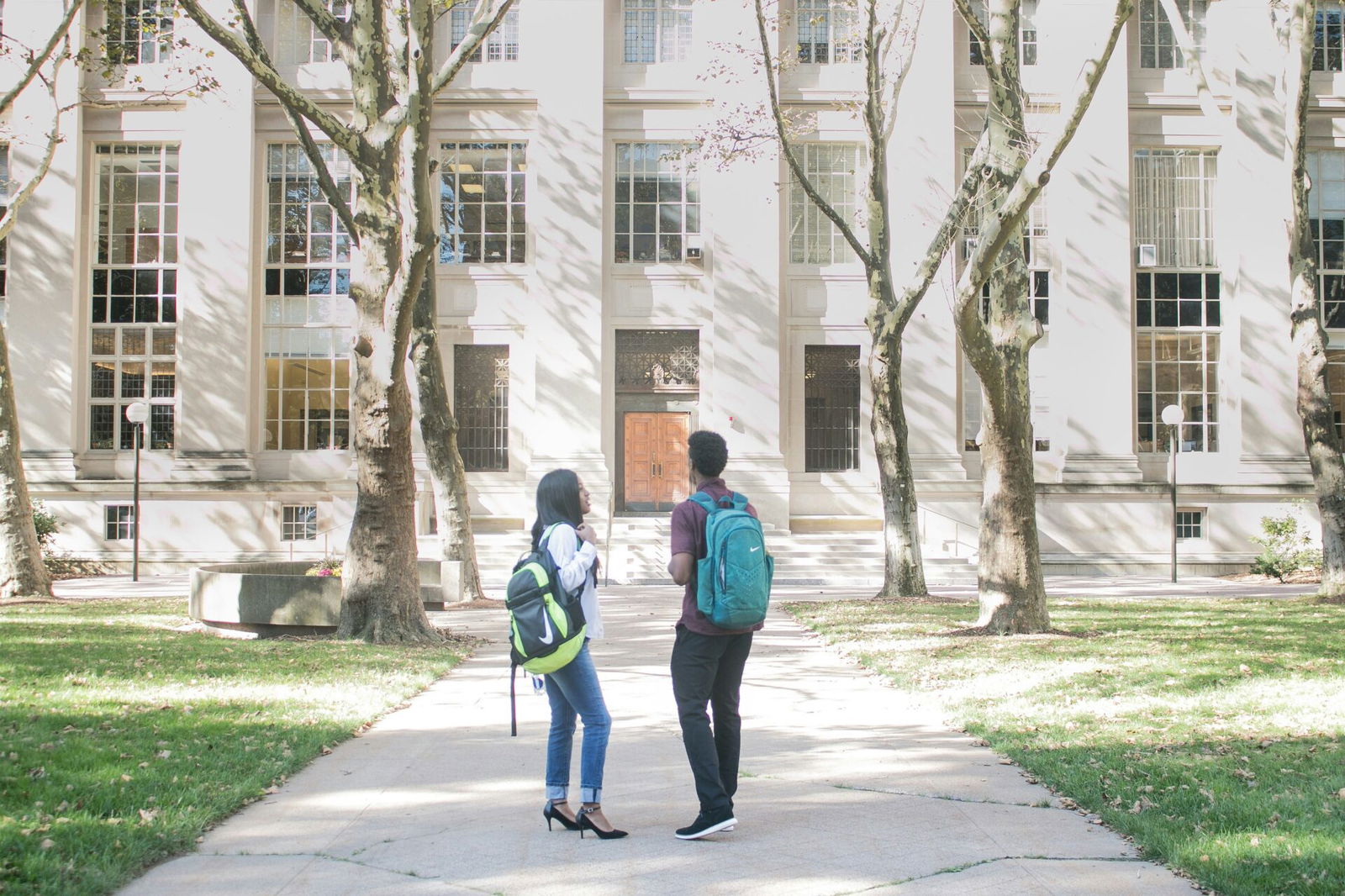
October 1, 2024
California Gov. Gavin Newsom Signs Ban On Legacy Admissions
California’s ban makes it the fifth state to ban legacy admissions, but the first to extend the ban to private colleges and universities.
On Sept. 30, California Gov. Gavin Newsom signed a bill banning the practice of legacy admissions at the state’s institutions of higher education. The move comes after the Supreme Court’s decision declaring affirmative action unconstitutional in 2023, which was expected to have some effect on legacy admissions, and it has to some degree.
According to Politico, California’s ban makes it the fifth state to ban legacy admissions but the first to extend the ban to private colleges and universities. In Newsom’s statement accompanying his signature on the ban, he emphasized merit, skill, and hard work.
“In California, everyone should be able to get ahead through merit, skill, and hard work,” Newsom said. “The California Dream shouldn’t be accessible to just a lucky few, which is why we’re opening the door to higher education wide enough for everyone, fairly.”
California, like other states that have enacted similar bans, will not penalize those who break the law, financially, but will instead post the names of violators to the California Department of Justice website.
In addition, schools that violate the ban will be required to report more information to the state regarding their incoming classes, including their race, income, and participation in athletics.
According to Assemblymember Paul Ting, a San Francisco Democrat who pushed for the legislation and initially attempted to have legacy admissions banned following the Varsity Blues scandal, the ban is an attempt to make the admissions process more equitable.
“We have major private universities who use a significant portion of their admissions pool to help legacy and donors get admitted. We really need to make their admissions policies much more equitable,” Ting said.
The Association of Independent California Colleges and Universities, a group that represents the University of Southern California, Stanford University, and the University of Santa Clara — three universities that admitted the most legacy students in 2022 — resisted the bill and lobbied to have financial penalties removed from previous versions of the ban.
The association’s president, Kristen Soares, wrote in a letter to the Senate Appropriations Committee in June 2024 that she was concerned that some of the reporting requirements were frivolous.
“While we believe all institutions will comply with the bill provisions, we believe it is important to ensure that what is being required in the reporting language is both achievable and relevant,” Soares wrote.
The University of Southern California, however, issued a statement affirming its compliance with the new ban.
“We continuously evolve our recruitment, admission, and financial aid programs to create a student body that is diverse in all respects and to comply with the law as it develops in this area,” the university said.
RELATED CONTENT: African American Enrollment At PWIs Tanks After Affirmative Action Ruling